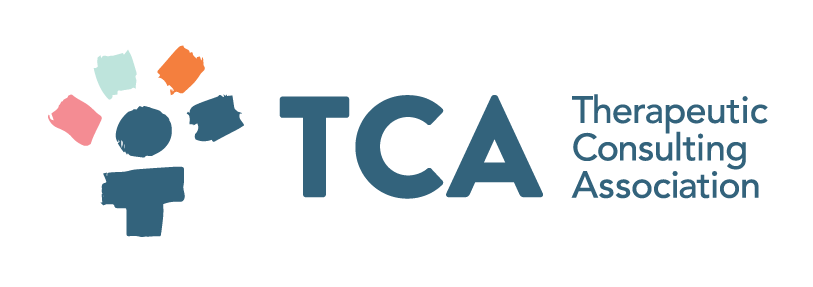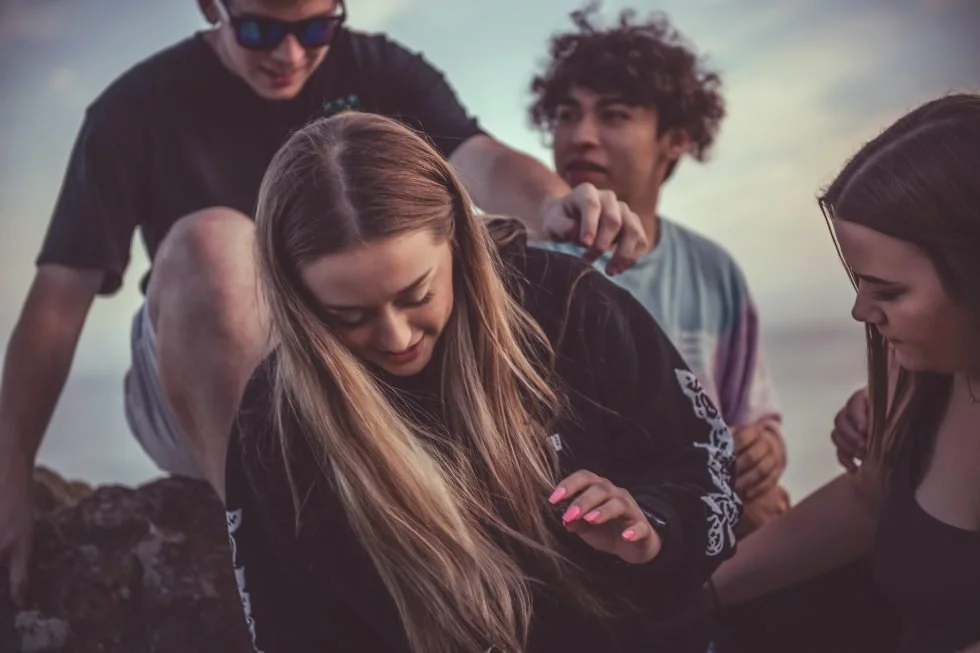“Sex, drugs, and the inevitable dilemma of parenting”
by Todd Weatherly, of Southeast Consultants
I offer to all parents what I have to believe that you cannot do everything right. As much as we might try, our children will still have hardships we wish we could have equipped them better for and we will still second guess ourselves in the quiet sleepless hours of the night.
As professionals working in the world of treatment for adolescents and young adults who struggle with mental and emotional health conditions very often mixed with substance use and misuse, more often than not we see parents who are at a loss for what to do next and wondering where they went wrong. The big issues our children struggle with often come from a time when they were young and most likely the result of a trauma or traumas they experienced. However, not all big issues we encounter with our children are necessarily out of the ordinary, are necessarily a problem, and ultimately cannot be avoided. As the saying goes “the only way out is through”. I offer what I believe to be true, thus far, after 18 years of parenting and 25 years as an educator and mental health professional.
When the topic of drugs or sex comes up many parents employ an overly firm and exclusive “Just say no or else!” approach. While this may be how you feel, these approaches are ineffective and will just as likely backfire on you. Kids want to know, and knowledge is power. Your children will be faced with the opportunity to use drugs or have sex but if they are equipped with good information, they will have the power to make good choices. This is what I have said to my children and the parents and children of others I have worked with…
“You will reach a time in your adult life when you will have to make a decision about having sex and whether or not to drink or smoke or do drugs both legal and illegal. I would tell you that all of these activities have serious consequences and not even prescribed medications should be taken without being informed, but the choice will be yours. You are my child and, for now, my responsibility and you need to know that decisions you make have a tremendous impact on us as a family.
That said, it is almost a certainty you will have the opportunity to have sex or drink or smoke or try drugs and at that time the choice will still be yours to make. I ask that you abstain from such things but the reason is really about your developing body and brain and life. Introducing your brain chemistry to strong chemical substances changes it in ways that cannot be undone. Sex can be a wonderful thing and so can bringing a child into the world but, I can tell you without question, both of these things will change your life in ways that cannot be undone. All of these things represent an incredible risk to your health and your future. I am asking you to be wise and make good choices not just for you but for all of us as members of your family. I know that is an incredible weight for you to carry, but it’s the truth about growing up. That responsibility is now upon you and my job is not to protect you from it but equip you for it. So, if you are having trouble with a decision or a situation, come to me and we’ll work it out together. If I don’t know the answers, we’ll find someone who does.”
You are your child’s protector, but control is fleeting like all things and ultimately an illusion at best. They rely less and less on parents for guidance and support as they grow older and it is the natural process of individuation. It starts in the teens and is a lot like when they were 10 months old waving you off because they want to walk on their own. The difference is that it is far more dangerous for them and a painful for you and there’s no getting around it. As the saying goes… “Children don’t come from you, they come through you.”
If you, as many parents do, respond with overcontrol and punishment in this period you will push your children to seek guidance elsewhere often making very misinformed choices all the while keeping you in the dark. I can tell you from a chapter in my own story that I did far more drugs after my parents caught me and told me “no” than before; all of which without their knowing. I just got smarter about hiding what I was doing. When you open the door for dialogue, you create a safe sanctuary for them to seek out when they are troubled or in trouble.
The hard part is to learn how to stand still and let them come to you. If you chase a child, they run; that’s the game. Be in their lives but not of it. Be the calm in their storm. Keep inviting them to conversation but don’t push your agenda. Be an information desk not a police station. Set the tone for how they can come to you and be careful not to shift your strategy in mid-stream turning from guide to authoritarian because they risked sharing something vulnerable with you. Start conversations by sharing something you think you have in common instead of only asking questions and making them the source of all content. If consequences for behavior are appropriate have them help you come up with what those consequences should be. One of my favorite questions is “So what would you do if you were me?”
My oldest is a serious introvert and ultimately a responsible kid but recently did something without our knowing that startled us pretty good when we found out. So, we naturally expressed our concerns and talked it through and told them it worried us and all the things you would expect parents to say. Then, I started asking them to put the phone away and take off the headphones for the 20-minute drive to school in the morning. They didn’t see the point, but I was had a backdoor strategy. I didn’t ask questions or expect them to talk but I turned on the news and we listened. Naturally, events that they have feelings about came up and they started to share opinions. Eventually the topic turns to relevant and meaningful events in their life that I ordinarily didn’t get to see or hear. Suddenly, we were having a real conversation about friends and school and life and I get the opportunity to share a little guidance through telling some of my own story and saying what it meant to me. This is a backdoor to your child’s world, and your child may have a different one. Another classic one we use is that we all sit and share family dinner together at least twice a week. Regardless of what you do, be present, be still, and be intentional. Remember what the game is, if you chase, they run. In this game of tag, you got to figure out how to become “base”.
That gets me to my final point, be authentic. I know this word gets thrown around a lot but don’t fool yourself buy using anger rooted in fear as the face of your “authenticity”. Know yourself and say things like… “I am really glad you shared this, but I’d be lying if I didn’t tell you it scared me and I feel worried”. Authenticity means that when they come to you with vulnerability you meet them with your own. Step away from being the source of all information and step into the role of being where information gets processed even when you don’t know all the answers; and be honest about that too. Also remember that your emotional state is contagious, be intentional about this with your family and be aware of your own patterns so you can seek support when you need it. If you want a calm, cool, collected kid, you have to show them how. Everyone needs a little help sometimes, be intentional about showing up as the place where your kids come to get theirs.
And no matter how old your children are or what has happened, it’s never too late to start.
For questions or concerns contact TCA, or Hire a Therapeutic Consultant.

